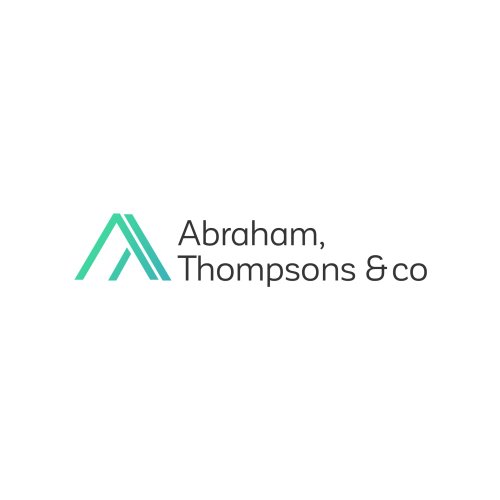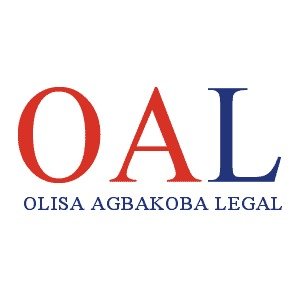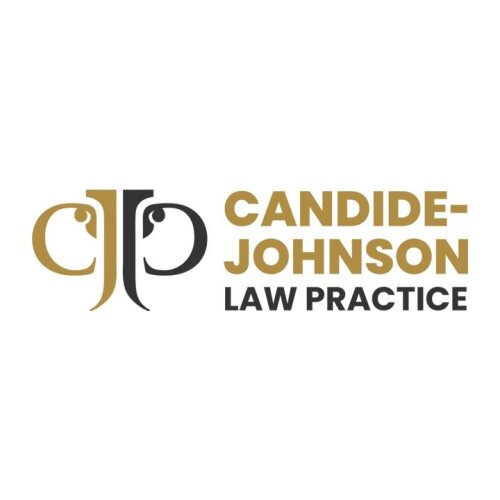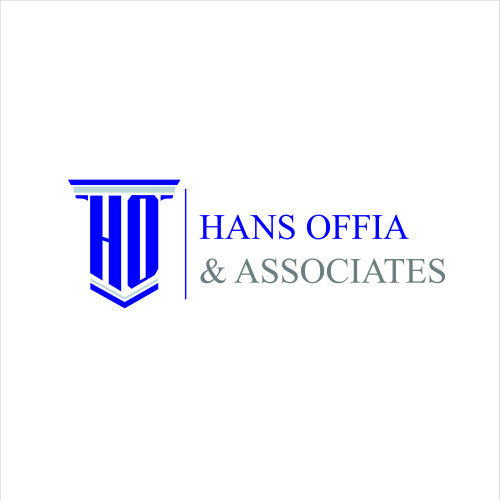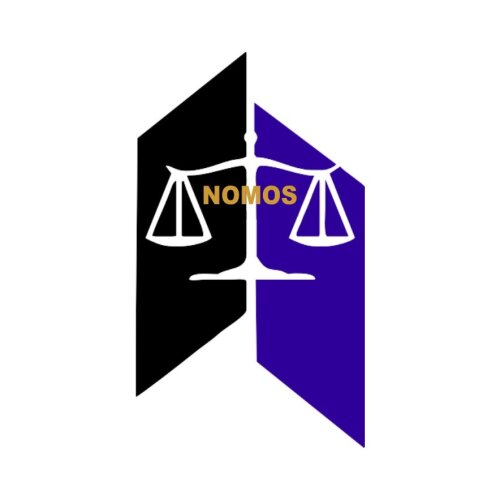Best Communications & Media Law Lawyers in Nigeria
Share your needs with us, get contacted by law firms.
Free. Takes 2 min.
Or refine your search by selecting a city:
List of the best lawyers in Nigeria
Legal guides written by Adeola Oyinlade & Co:
- Procedure and Requirements for Work Permit and Visas in Nigeria
- The Step-By-Step Procedure of How to Apply for Microfinance Bank License Online in Nigeria
- How to Ensure the Smooth Recognition and Enforcement of Foreign Judgments in Nigeria
About Communications & Media Law in Nigeria
Communications & Media Law in Nigeria encompasses the legal frameworks that govern the dissemination and consumption of media, as well as the broader telecommunications industry in the country. It addresses a wide range of subjects including broadcasting, telecommunications, freedom of expression, internet governance, copyright, defamation, and privacy issues. The foundation of Communications & Media Law in Nigeria is shaped by various legislative instruments, regulations, and case law, which aim to balance the principles of free speech, national security, public order, and ethics in a rapidly advancing technological landscape.
Why You May Need a Lawyer
There are several scenarios in which you might require legal assistance in the field of Communications & Media Law:
- Regulatory Compliance: Media and telecommunications companies often need guidance to ensure compliance with local laws and regulations set by bodies like the Nigerian Broadcasting Commission (NBC).
- Intellectual Property Disputes: Handling issues related to copyright infringement or trademark disputes in media content.
- Defamation Suits: Seeking legal representation in cases of libel or slander either as a plaintiff or defendant.
- License Acquisition: Legal advice for acquiring licenses for broadcasting and other telecommunications services.
- Data Protection and Privacy: Understanding and implementing data protection regulations especially for companies collecting user data.
- Freedom of Information: Assistance with accessing public information under the Freedom of Information Act, 2011.
- Emergency Situations: Addressing legal issues related to censorship or restrictions imposed by governmental agencies.
Local Laws Overview
The legal framework for Communications & Media Law in Nigeria primarily includes the following:
- The Nigerian Broadcasting Code which regulates broadcasting standards, licensing, and operations.
- The National Broadcasting Commission Act establishes the regulatory body responsible for content oversight and standards in broadcasting.
- The Cybercrimes (Prohibition, Prevention, etc.) Act deals with online communication offenses, including cyberstalking and data privacy violations.
- The Freedom of Information Act facilitates public access to government-held information to promote transparency.
- The Nigerian Communications Act regulates telecommunication services and infrastructure operations.
- The Copyright Act oversees the protection of intellectual property rights in media and artistic works.
Frequently Asked Questions
1. What is the role of the Nigerian Broadcasting Commission (NBC)?
The NBC is responsible for regulating and controlling the broadcasting sector in Nigeria to ensure it adheres to ethical standards and licenses broadcasting services.
2. How does the Copyright Act protect media content creators?
The Copyright Act provides legal rights to creators in order to prevent others from using their work without permission and allows them to benefit financially from their creations.
3. What are the main data privacy laws applicable to media organizations?
The Cybercrimes Act and the Nigerian Data Protection Regulation (NDPR) are the primary laws governing the protection of personal data collected by media and communication entities.
4. How can a media company ensure compliance with broadcasting standards?
Media companies should regularly review NBC regulations, obtain necessary licenses, and ensure that their content complies with established ethical and technical standards.
5. In what situations can defamation suits arise in the media industry?
Defamation suits can arise when false statements are published or broadcasted, harming someone's reputation. These cases often involve newspapers, TV broadcasts, blogs, and social media.
6. What is the process for acquiring a broadcasting license in Nigeria?
To acquire a license, an application must be submitted to the NBC detailing the type of service, ownership details, technical specifications, and planned content. The commission then evaluates compliance with legal and technical requirements before granting a license.
7. How are internet-related offenses addressed under Nigerian law?
The Cybercrimes Act addresses offenses such as unauthorized access, identity theft, cyberstalking, and dissemination of harmful digital content.
8. What are the penalties for non-compliance with communications and media regulations?
Penalties can include fines, suspension, or revocation of licenses, and in some cases, imprisonment, depending on the violation's nature and severity.
9. How does the Freedom of Information Act support media freedom?
The Act grants journalists and citizens the right to access public records held by government bodies, fostering transparency and accountability.
10. What steps should a telecommunications company take to resolve regulatory disputes?
Companies should engage legal counsel with expertise in communications law to negotiate, mediate, or litigate the dispute. It's essential to understand both sides of the issue and seek a resolution in line with applicable laws.
Additional Resources
Here are some valuable resources and organizations for further assistance:
- The Nigerian Communications Commission (NCC) - Regulator of the telecommunications sector in Nigeria.
- The Nigerian Broadcasting Commission (NBC) - Primary regulator for broadcasting services in Nigeria.
- The Cybercrimes (Prohibition, Prevention, etc.) Act, 2015 - Important legislation for cyber and data-related issues.
- The Copyright Society of Nigeria (COSON) - Offers support and guidance on copyright issues.
Next Steps
If you need legal assistance in Communications & Media Law, consider following these steps:
- Identify Your Legal Needs: Clearly define the specific legal challenge or requirement you are facing.
- Research Attorneys: Look for legal practitioners who specialize in Communications & Media Law with a proven track record in Nigeria.
- Consultation: Arrange a consultation to discuss your legal issue, understand your options, and gauge the lawyer's approach and experience.
- Documentation: Gather all relevant documents, contracts, communications, and evidence related to your issue before meetings.
- Engage Legal Services: Once satisfied with your choice, formally engage the lawyer to represent or advise you in your Communications & Media Law matters.
Lawzana helps you find the best lawyers and law firms in Nigeria through a curated and pre-screened list of qualified legal professionals. Our platform offers rankings and detailed profiles of attorneys and law firms, allowing you to compare based on practice areas, including Communications & Media Law, experience, and client feedback.
Each profile includes a description of the firm's areas of practice, client reviews, team members and partners, year of establishment, spoken languages, office locations, contact information, social media presence, and any published articles or resources. Most firms on our platform speak English and are experienced in both local and international legal matters.
Get a quote from top-rated law firms in Nigeria — quickly, securely, and without unnecessary hassle.
Disclaimer:
The information provided on this page is for general informational purposes only and does not constitute legal advice. While we strive to ensure the accuracy and relevance of the content, legal information may change over time, and interpretations of the law can vary. You should always consult with a qualified legal professional for advice specific to your situation.
We disclaim all liability for actions taken or not taken based on the content of this page. If you believe any information is incorrect or outdated, please contact us, and we will review and update it where appropriate.
Browse communications & media law law firms by city in Nigeria
Refine your search by selecting a city.







